Autumn has arrived and mother nature is busy giving us so much. This is a bountiful time for those of us who like to forage. In this post I will be showing you how to make a natural laundry detergent from the seeds of the horse chestnut tree, commonly known as conkers!
If like me, you are into living a slow, holistic life, then you are going to love this hack. Not only will it save you a substantial amount of money, you will also be helping the planet. OK, admittedly this will involve a bit of work to prepare but the pay-back makes it completely worth it.
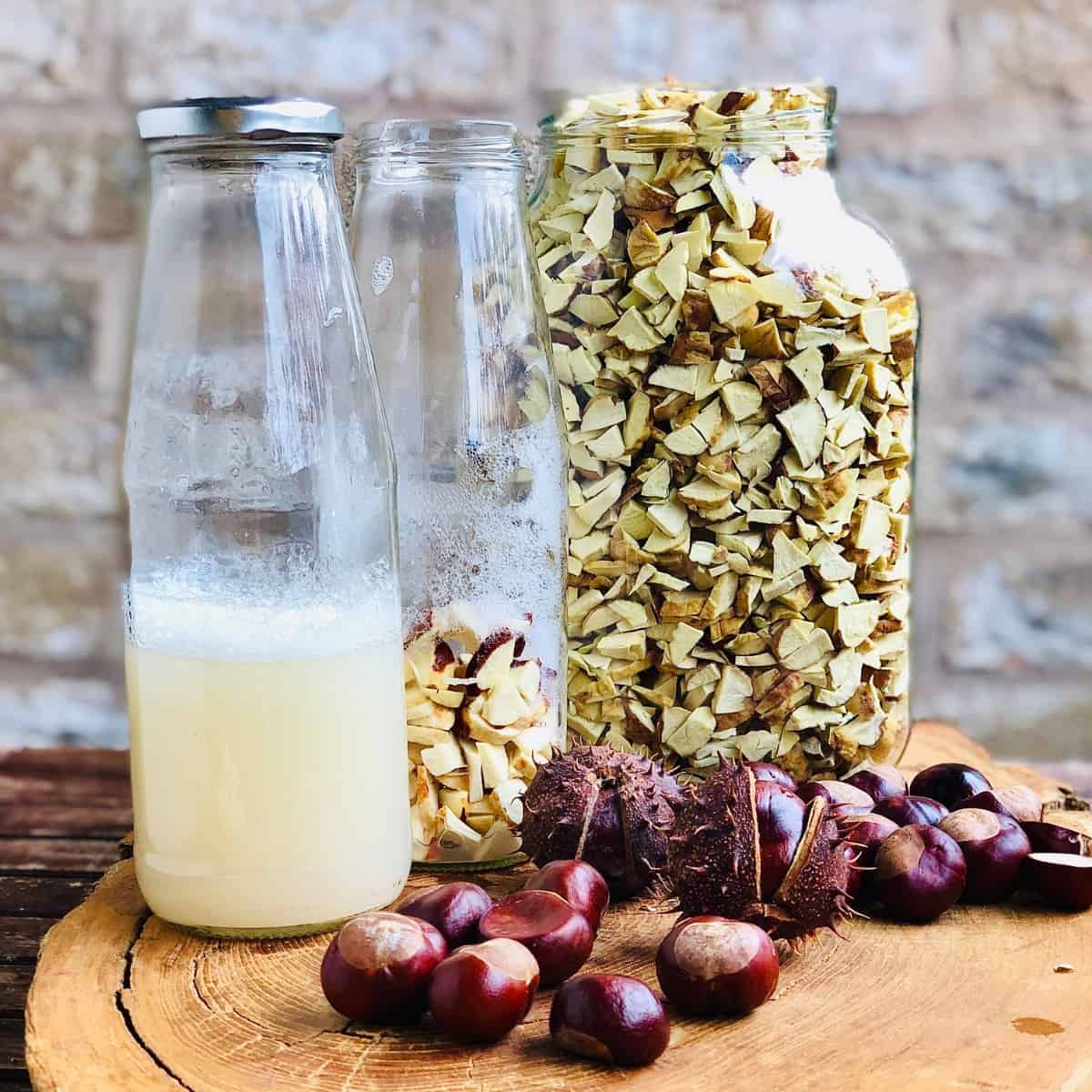
From A Game of Conkers To Washing Clothes.
Conkers is actually the name of a game originating in England in the 19th century. However, it is also a common name for the horse chestnut seed.
My partner, "the english man" tells me how he would play conkers as a kid. The game involved drilling a hole through a conker and threading a piece of string. Then, against an opponent, you would take it in turns and hit them against each other until one of them would break. One victory would create a one-er, two victories would create a two-er, three victories, a three-er and so on. A ten-er wold be a legendary conker! Hardening strategies would be adopted by some like soaking them in vinegar or baking them in the oven. To purists, however, this was cheating!
Horse chestnut extract has many medicinal properties. You will find some listed in this article. DO NOT ingest any part of horse chestnut though, as it is toxic. Use only manufactured supplements where the toxins have been safely removed in the manufacturing process.
Now, onto the conker as a natural laundry detergent.
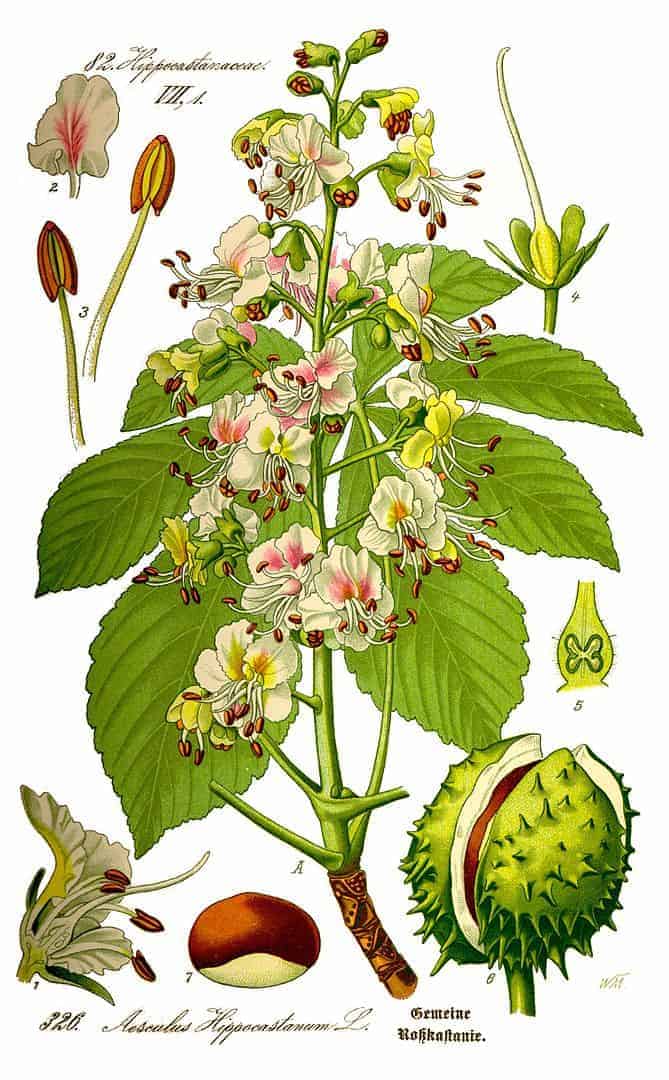
Why Are Conkers Suitable For Cleaning Your Clothes?
Many plants contain a substance called saponins. This substance is soluble in water and creates a stable froth. Consequently, saponin rich plants have been utilised throughout history as soaps. Horse chestnuts contain a relatively high concentration of saponin. Another common plant that is utilised for its soaping properties is ivy. If you are interested in the science behind the soaping and detergent potentials of saponins, follow this link to a scientific paper
Natural laundry detergent made from conkers will not compete with the synthetic, commercially available laundry detergents that have been formulated scientifically to do a very specific job. Let's make that clear. If you want really powerful, easy, quick cleaning, stick with the store bought stuff. Of course, we all lead different lives and this slow, DIY method just may not be suitable for the life demands of some.
In our household we have used this natural laundry detergent for a year now. It has served us very well and this post shares our little discovery and positive experience. Of course, do your due diligence to satisfy yourself. Our clothes come out clean and fresh. I have quite sensitive skin and I've had no problem what-so-ever with allergic reactions. There has been no ill-effects on our washing machine either.
Part of the joy of the whole process of creating this natural laundry detergent is the effort put into create something and, of course, knowing we are directly utilising a gift of mother nature to fulfil a day-to-day task.
You can give your laundry detergent a helping hand by adding white vinegar to act as a water softener substitute. To assist with stains, you can add some bicarbonate of soda. If you want some scent, then you can add some essential oils.
How To Prepare Your Natural Laundry Detergent
When conkers are in season, you can use them fresh.
For fresh conker liquid, you need about 100 gms of chopped conkers and add room temperature or hot water and set aside for 30 minutes. Strain and it's ready for use. You can also store the strained liquid in the refrigerator for a week
If you want to have a steady supply for the whole year, then collect a sufficient amount of conkers. I collect 5 kgs for the whole year. ( I do my laundry once or twice a week )
Then, either chop or smash the conkers with a hammer into small pieces and dehydrate them in the oven or a dehydrator. It is very important they dry thoroughly if creating a large batch, otherwise they will go mouldy and all your efforts will go to waste.
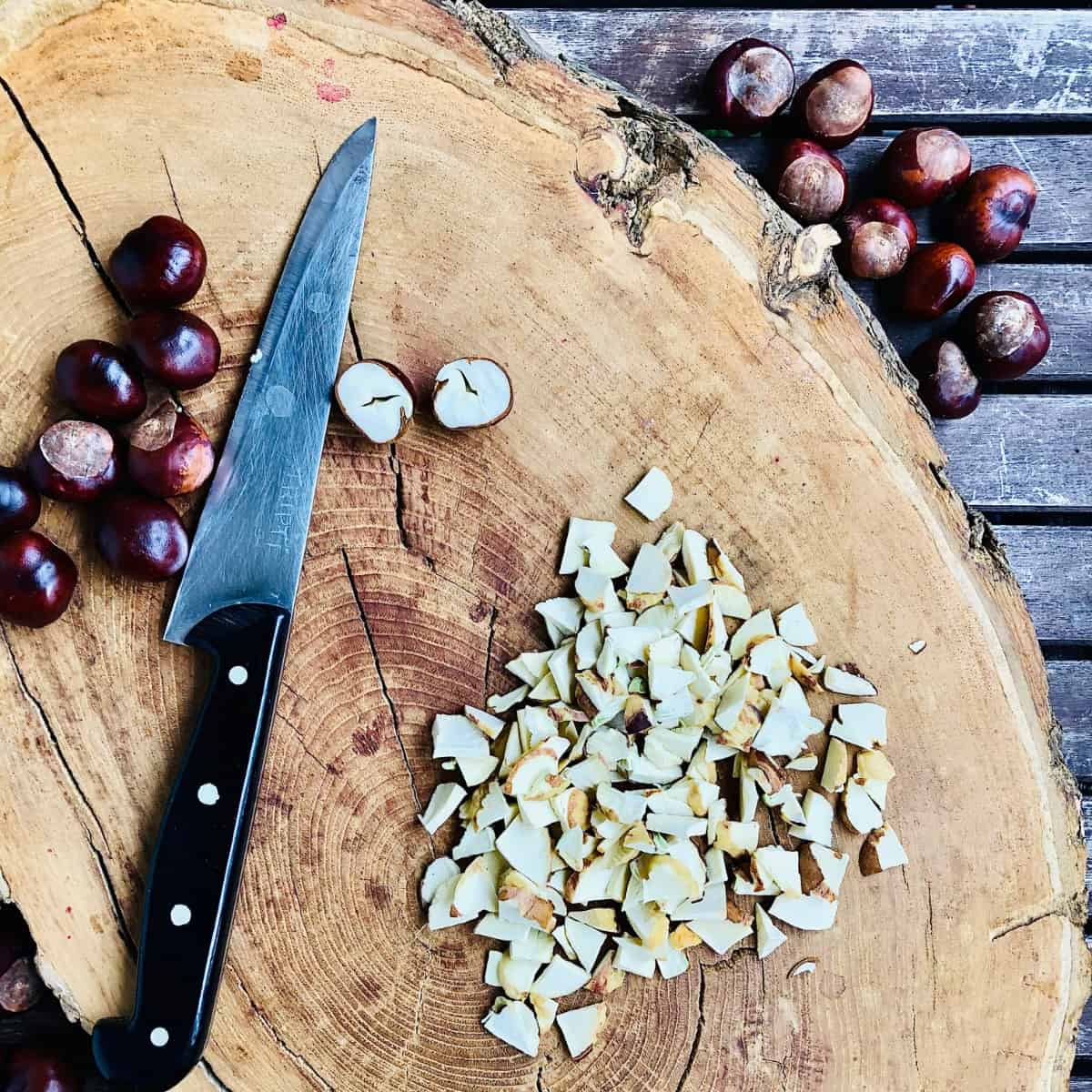
When you are ready to do your laundry with the dry conkers, rehydrate 100 gms of conkers by pouring 500 ml boiling water and setting aside overnight to steep.
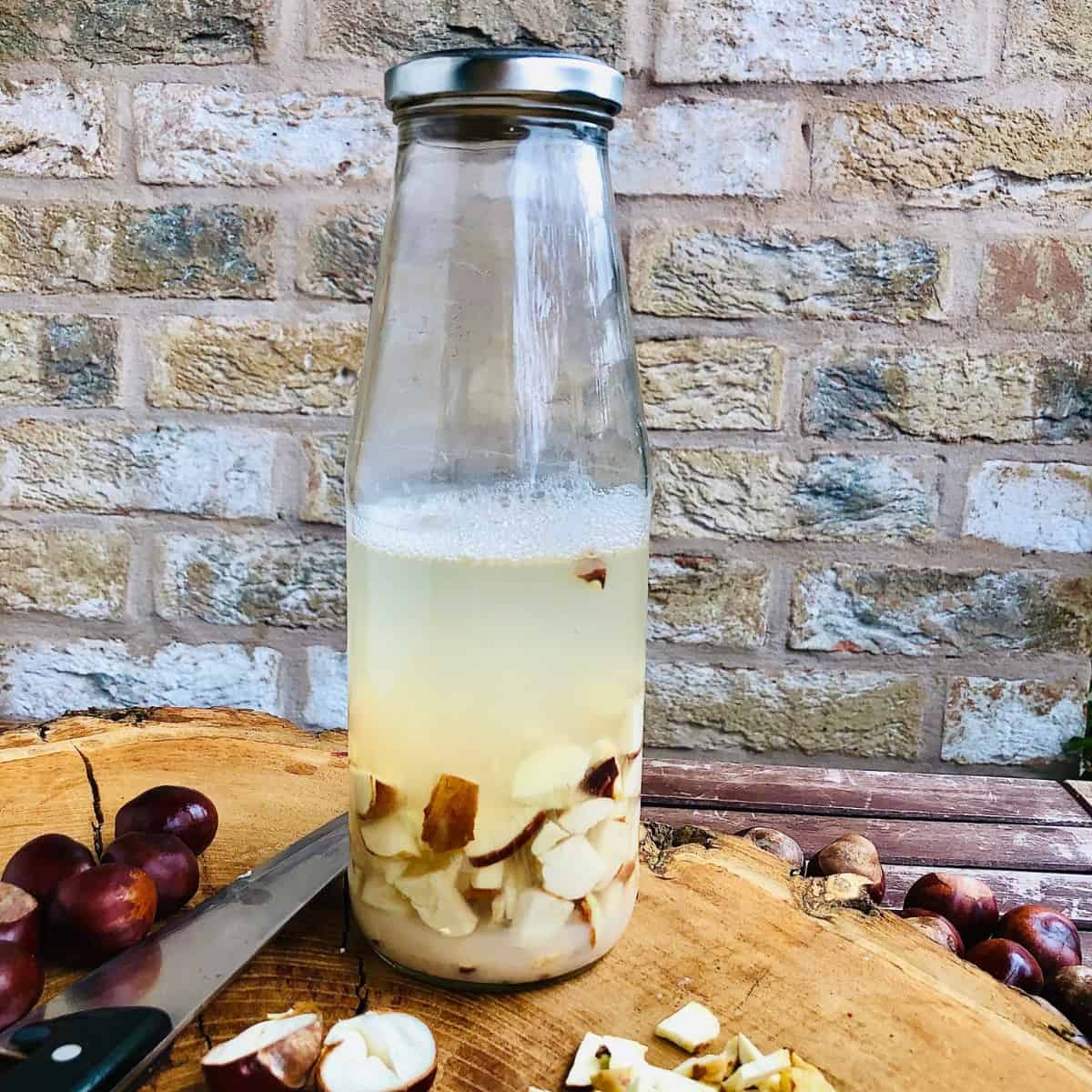
The next morning, strain and its ready to use. Again the liquid can be kept in the fridge for up-to a week.
When using conker liquid in a machine wash, simply pour the liquid into the detergent drawer. If you want you can add white vinegar or baking soda.
How-To Video Guide
Here is a video guide to making your natural laundry detergent.
F.A.Q's About Your Natural Laundry Detergent
I am no expert on the chemistry of saponins and conkers and I share with you based on my experience and experimentation!
Do I need to consider anything while foraging for conkers?
Only take what you will use, and remember you are sharing these with squirrels, deer etc. As a forager it is important to be mindful of the ecosystem and not just ones own needs. Give a little thank-you in your heart to mother nature and the chestnut tree for being so generous.
Again, do not ingest conkers as they are toxic.
How effective is this natural laundry detergent at removing stains?
Although I do clean my chef whites with this natural laundry detergent, stubborn stains do not come off. I suggest using baking soda and vinegar to assist in removing stains prior to washing.
How many conkers do I need to create a years supply and what preparation is important to stop them spoiling?
It really depends on how often you do your laundry. In my experiment from last year, I dried about 5 kgs of conkers. I do my laundry once or twice a week. I also realised mid-year that you can actually use the dried conkers twice. So you make laundry liquid for one soak and then to the same conkers you can add water again and reuse them. My conker supply lasted 11 months. As said above you must dry the chopped conkers if storing for later use.
Will this natural laundry detergent cause an allergic reaction?
Like soaps and detergents conkers are toxic if ingested. In terms of skin allergies, I personally have had no issues with my skin since using conker natural laundry detergent, and I have sensitive skin. Having said that, it's very important to do your research when using anything, wild or unregulated for the first time.
Must I remove the brown skin?
As you chop and dry a lot of the skin comes off. During my experimentation last year, I tried removing as much as possible as I was worried that it would stain clothes. My personal recommendation is to remove as much as possible. Some people don't remove the skin though.
Do the clothes smell of conkers?
Laundry detergents have fragrance added to them to smell nice. This however, also adds to indoor pollution. I stopped using fabric conditioners for this reason. When washing with conkers only, you do end up with a mild smell of conkers, if you put the clothes to your nose. I usually add essential oils either to the liquid or in the final spin and drain.


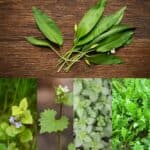
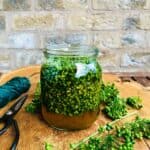









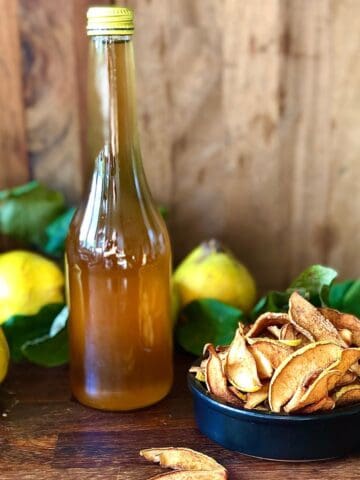
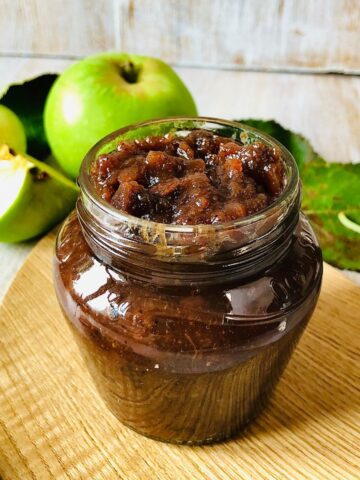
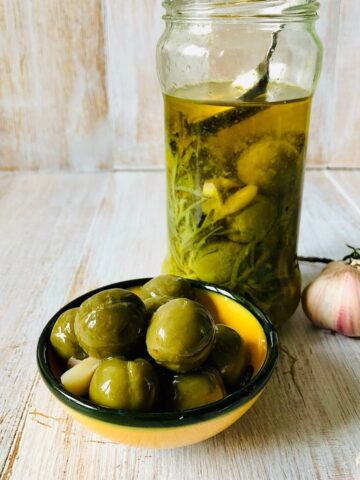
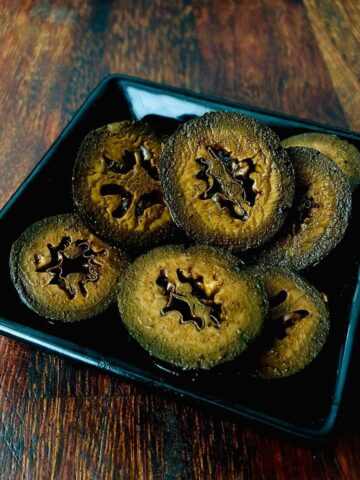
Leave a Reply